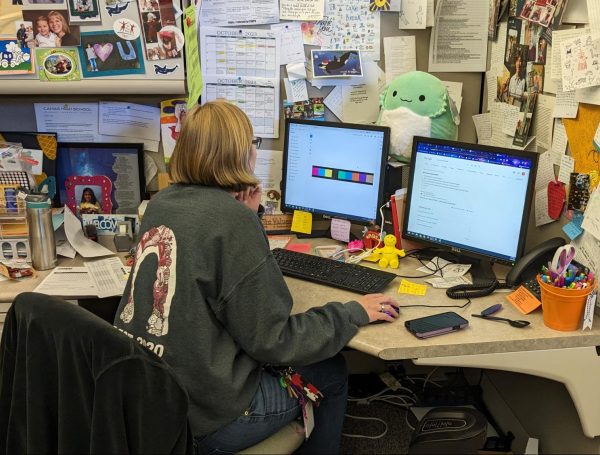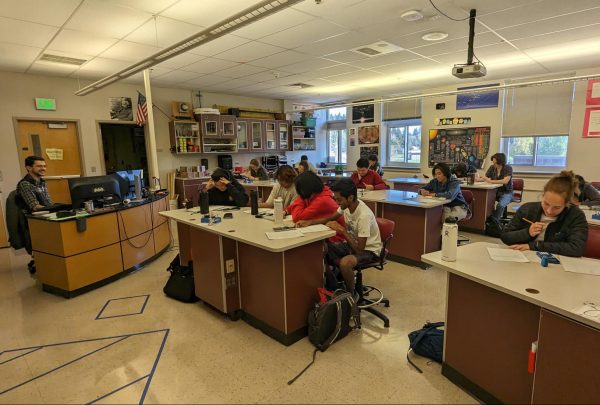Recently, several United States universities announced they would no longer give students credit for Advanced Placement (AP) classes, among which are the prestigious Dartmouth University, Brown University and the California Institute of Technology. When asked, AP students and teachers pointed out their disappointment with this development.
Camas High School (CHS) AP Physics teacher Doug Wells clarified a few things regarding AP credit, College Board and the motivation behind the decisions of these universities. College Board is not an organization that every university in the US must abide by, meaning individual colleges can pick and choose which AP courses to give credit for and how high or low of a score they will accept from any given AP test.

Since these AP courses cost significant amounts of money that not everyone can afford, some colleges cited equity and concerns of economic accessibility as their reason for discontinuing accepting AP credits. Wells says there is more to their decision than that.
“Most of the time, [colleges] do that because they want you to take their classes,” Wells said. “They think that the quality of education in the high school setting isn’t advanced enough for them to give you credit and replace one of their professors that they think so highly of at the same time.”
When asked about whether or not it is suitable for a college to do this, Wells said that it is hard to say. He noted that colleges not accepting AP credit is a risk students take when they sign up for AP courses, and there are problems with equity regarding the availability of classes in different schools. However, he also said that when he sees schools not accepting these forms of credit, he is unhappy with it and feels that they are being elitist.
From the student perspective, CHS junior Ethan Gordon, currently taking four AP classes, said that although he finds the workload from these classes to be less than he anticipated, it is still not at all easy. Unsurprisingly, he was unhappy about this news.

“As an AP student, who’s going to suffer through my AP tests next semester, it’s not a great prospect,” Gordon said.
He argues that if an advanced class causes him to get lower grades than he would in a standard class, and there is no payoff in terms of credit for said advanced course or its associated AP test, then there is little point in him doing this much work.
Another junior, Raye Jensen, agrees that a student who puts work into advanced classes should be able to utilize it for college benefit.
“If you put in the effort to get a five on the test, then I feel like you should be able to use that for something,” Jensen said.
The overall consensus among AP students and teachers is that the decision of these colleges to refuse to recognize the effort associated with AP courses is illogical, unfair and somewhat sneaky, despite their reasonings of equity.


































